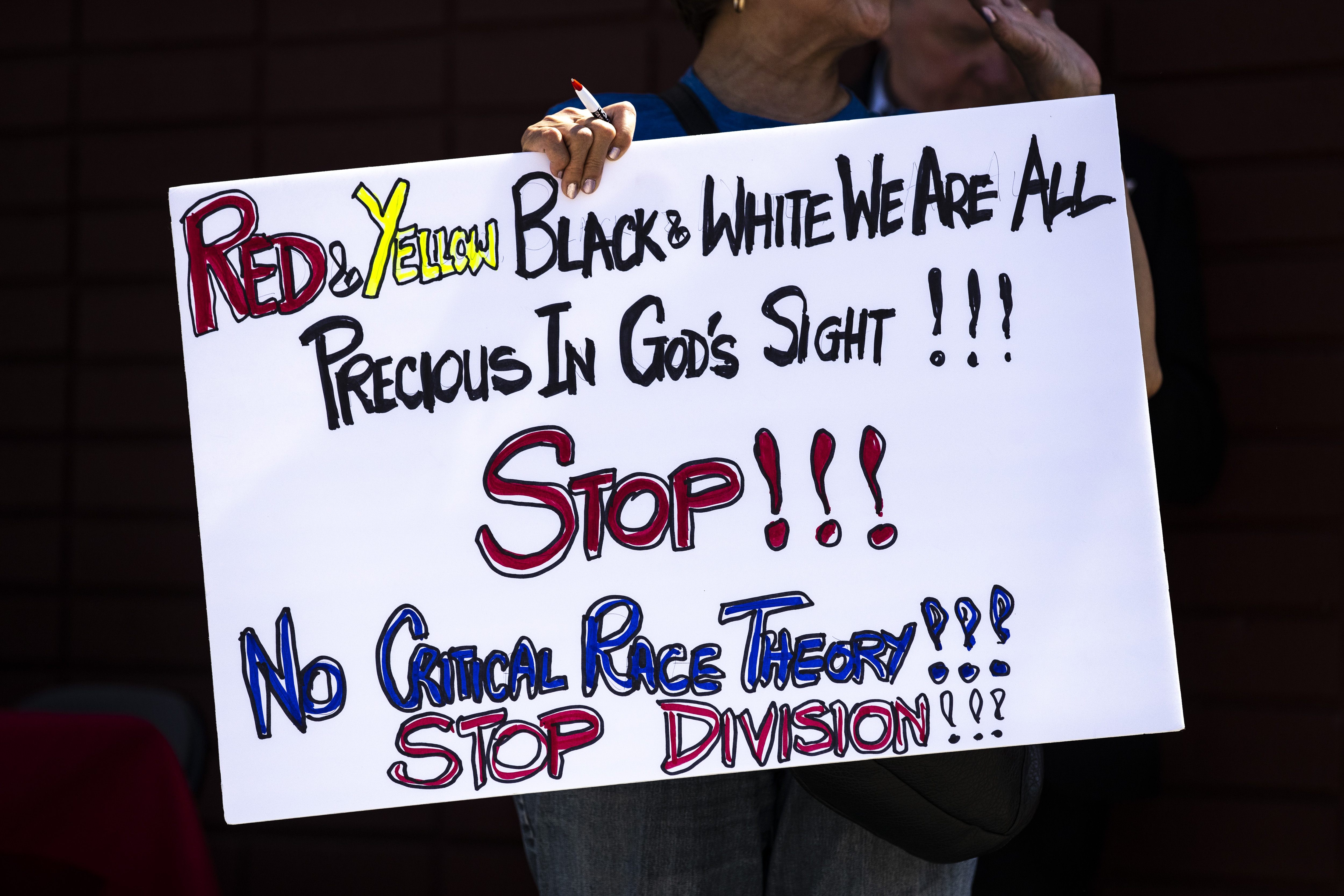

Meanwhile, the liberal approach to addressing racism holds that it is a prejudiced attitude often accompanied by discriminatory behaviours that individuals can adopt or reject, that they already do so to varying extents and that much progress has been made towards the ‘reject’ position. It argues that we therefore need critical theorists and trainers to make everyone see and affirm their racism in order to dismantle it using certain critical methods. The critical theories of race approach argues that racism is ordinary (possibly even permanent) and a system embedded in attitudes and language that everyone is socialised into. We are essentially looking at a conflict between two positions that can be discussed and evaluated. Many of the people who are wrong about what CRT is are well-intentioned but missing the point, preventing a more reasonable conversation from making progress.

If you understand CRT as the belief that white people are evil and generally inferior, you are going to believe that anyone who advocates it is, at best, a profoundly misguided conspiracy theorist and, at worst, a racist. Meanwhile, some opponents of CRT believe it is essentially racism against white people and centred around the belief that all white people are racist, bigoted, and personally responsible for the horrors of the transatlantic slave trade. Some even seem to think that CRT just means ‘talking about racism.’ Of course, if you believe that this is what CRT is, you will believe that anybody who opposes it is, at best, trying to gloss over a shameful history and, at worst, indifferent to or even supportive of racism.

Many of the people advocating for CRT seem to believe it is any historically literate understanding of racial history in the USA, how horrendously it oppressed black Americans, why this was bad and how its aftermath is still felt today. The first hindrance to discussing Critical Race Theory is that the discussion generally fails to get past the accusation that the other person doesn’t understand what Critical Race Theory actually is. Instead, people are quibbling over terms, accusing each other of ignorance or malice and generally talking past each other without engaging the point in any kind of productive way. The problem is that we are largely not having serious discussions about it. This particular approach to addressing racism is something we desperately need to have serious discussions about. It is a good thing that we’re talking about contemporary critical theories of race. What Critical Race Theory (or CRT) is and isn’t, who understands it and who doesn’t, and what people’s motivations are for defending or criticising it seem to be the issues dominating the culture wars right now.


 0 kommentar(er)
0 kommentar(er)
